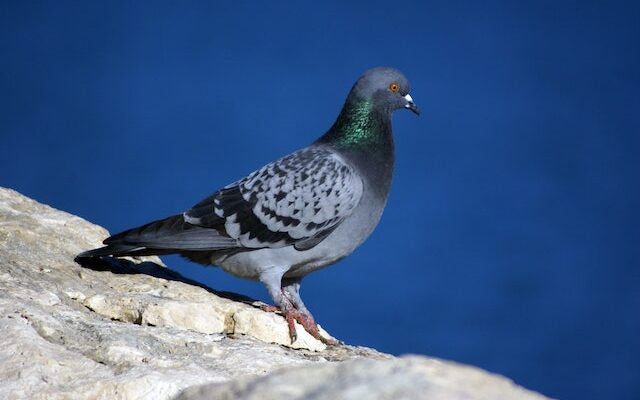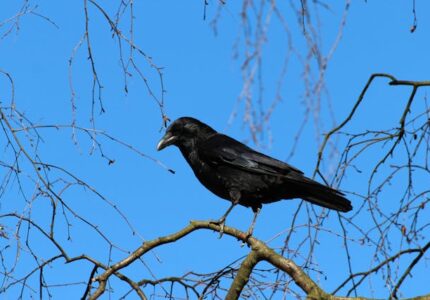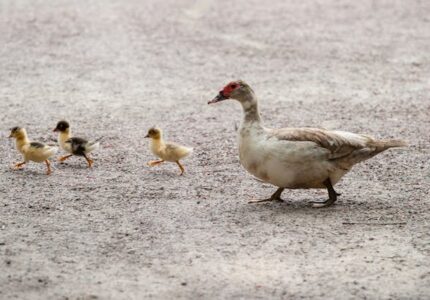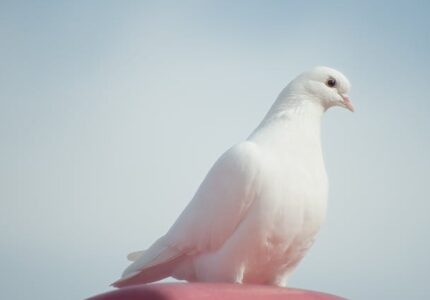Is Bird Poop Good Luck
In some cultures and traditions, bird poop is a sign of good luck or a good omen. However, the perception of bird poop as good luck can vary widely depending on the culture and the specific circumstances. Here are a few examples:
- Italian Tradition: In Italian culture, bird droppings are sometimes considered a symbol of good luck and financial gain. This belief likely originated from the idea that unexpected windfalls can come from unexpected sources.
- Japanese Belief: In Japan, there is a belief that bird droppings on your car, especially if it lands on your windshield, can be seen as a sign of good luck. This belief might have roots in the rarity of such an event and the idea that it’s a unique occurrence.
- Superstitions: Various superstitions worldwide suggest that bird droppings can bring luck. For example, some believe that if a bird poops on you, your car, or your property, it’s a sign that you’ll receive money or good fortune soon.
- Cultural Variations: It’s important to note that what is considered lucky or unlucky differs significantly from culture to culture. What might be fortunate in one culture could be undesirable in another.
- Individual Interpretation: Ultimately, whether bird poop is considered good luck often comes down to individual interpretation and personal beliefs. Some people might see it as a humorous or positive event, while others might find it bothersome.
It’s worth remembering that these beliefs are cultural or superstitious and not based on scientific evidence. While some people might find bird poop lucky, others might see it simply as a natural occurrence.
Bird Poop Facts
- Variety of Colors: Bird poop comes in various colors depending on what the bird has been eating. It can be white, green, brown, or even reddish, and the pigments often influence the color of their diet.
- Uric Acid: The white part of bird droppings is uric acid. Birds excrete uric acid to conserve water – a concentrated form of waste that requires less water to eliminate.
- Projectile Pooping: Many birds can shoot their poop away from their perching sites. This is a way of keeping their nests and perching areas cleaner.
- Territorial Marking: Some birds use droppings to mark their territory. By leaving their droppings in certain spots, they can signal to other birds that the area is already claimed.
- Seed Dispersal: Bird poop can play a role in seed dispersal and plant growth. When birds eat fruits or seeds and then excrete them elsewhere, they can help spread plants to new areas.
- Indicator of Health: Changes in the appearance of a bird’s droppings can sometimes indicate its health. Veterinarians and bird enthusiasts can use poop consistency and color to gauge a bird’s well-being.
- Cleaning Behavior: Some bird species engage in “anting,” where they rub ants on their feathers or allow ants to crawl through their plumage. This behavior is thought to help remove parasites and may be related to maintaining feather health.
- Corrosive Properties: Bird droppings can be corrosive to certain surfaces over time. The uric acid in the poop can damage paint, metal, and other materials if not cleaned promptly.
- Fertilizer: In some cultures, bird droppings (specifically guano, which is accumulated seabird droppings) have been used as a natural fertilizer due to their nutrient content.
- Historical Uses: In the past, bird droppings have been used for various purposes. For instance, guano was harvested on a large scale from seabird colonies and used as a valuable source of nitrogen-rich fertilizer.
Remember that while these facts can be amusing and exciting, treating wildlife with respect and maintaining proper hygiene is vital, especially if you come into contact with bird droppings.






